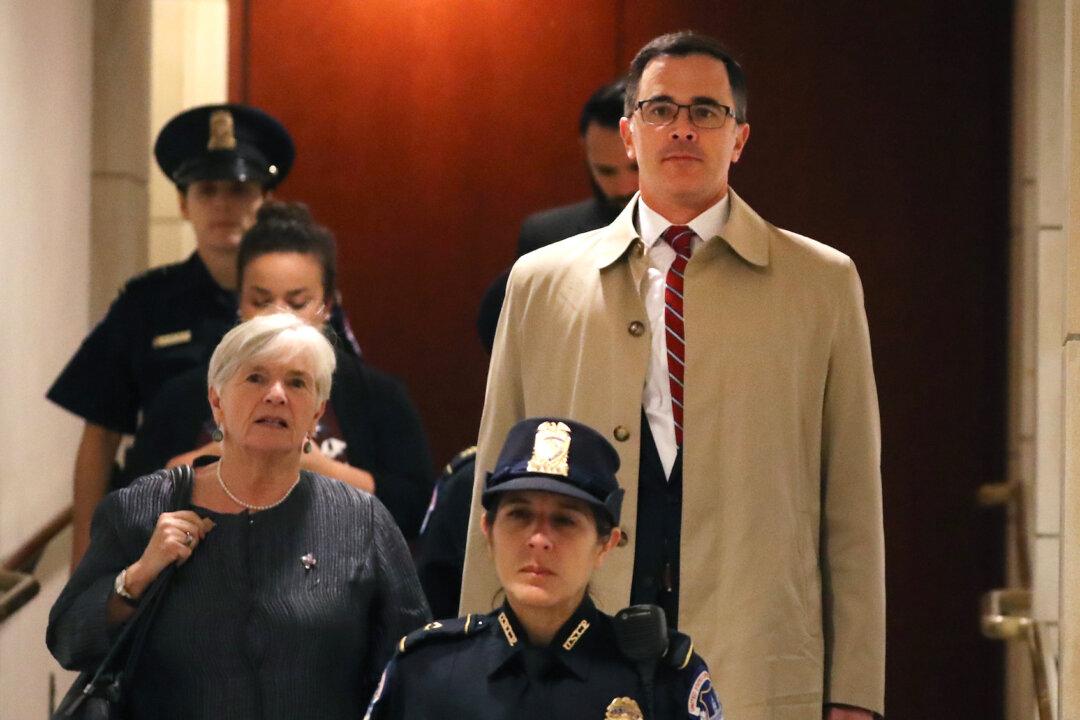Tim Morrison, a senior National Security Council official, is set to step down amid an impeachment inquiry into President Donald Trump, it has been confirmed.
Earlier reports on Wednesday had signaled the move, citing anonymous sources. In a statement Thursday, Morrison, the senior director for European affairs at the White House and the NSC, confirmed that he would leave the NSC. He distanced the move from his scheduled testimony on the same day with House impeachment investigators.




